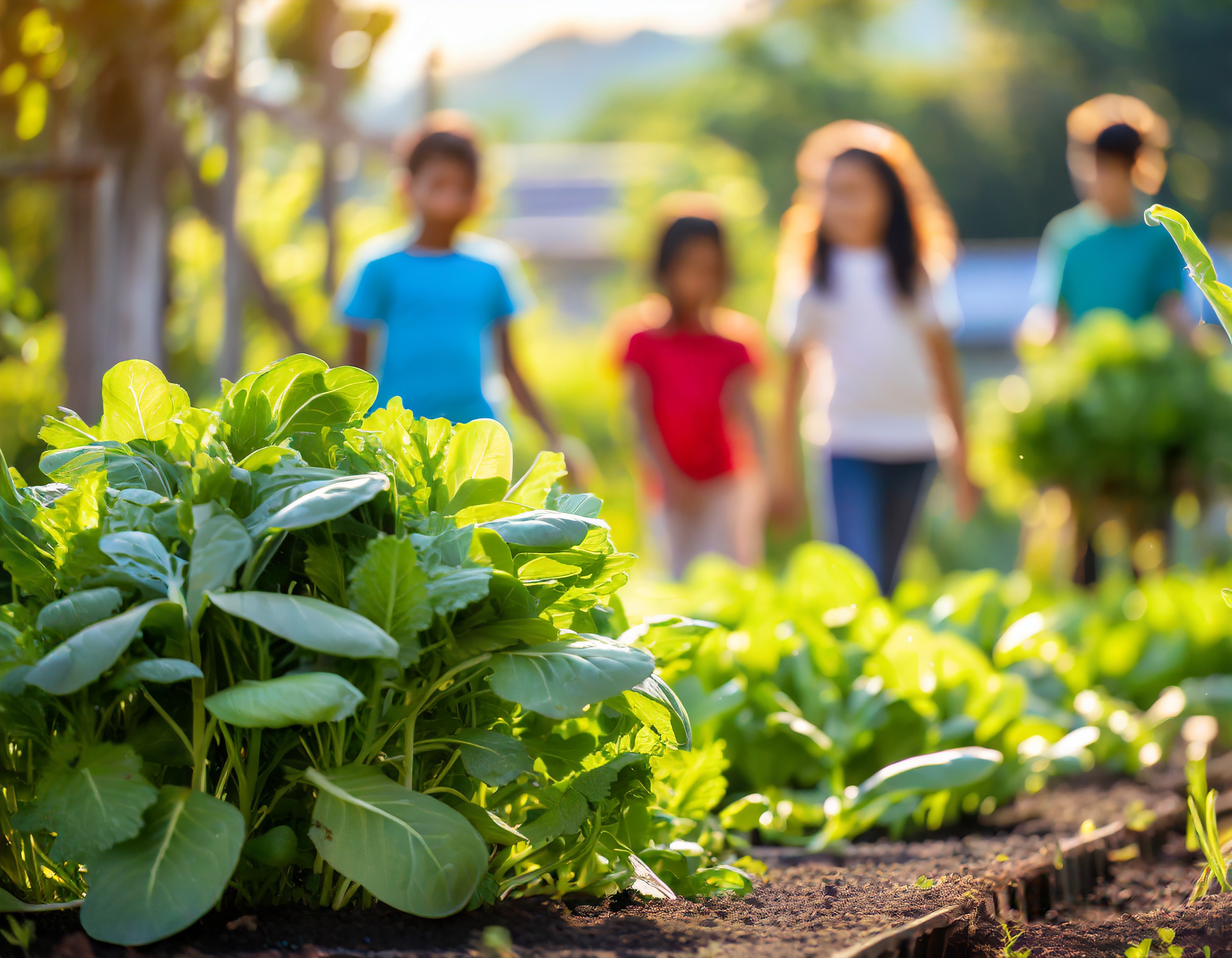School gardens are a wonderful outdoor classroom that can help students learn about a variety of subjects, including science, math, and language arts, while also providing hands-on experience with gardening and nature. By incorporating a school garden into the curriculum, students can develop a deeper understanding of where food comes from, learn about healthy eating habits, and appreciate the beauty and diversity of plants and wildlife.
One of the main benefits of a school garden is that it allows students to learn about where their food comes from. By growing their own fruits and vegetables, students gain a better understanding of the hard work and care that goes into producing the food they eat. They can also learn about the life cycle of plants, the importance of soil health, and the impact of weather and climate on plant growth.
In addition to learning about the origins of food, school gardens also promote healthy eating habits. Students can learn about the nutritional value of different vegetables and fruits, and experiment with new recipes and flavors. By incorporating fresh produce from the garden into school meals or snacks, students are more likely to try new foods and develop a taste for healthy options.
School gardens also provide opportunities for students to learn about flowers and wildlife. By planting a variety of flowers and pollinator-friendly plants, students can observe the different insects and animals that are attracted to the garden. They can learn about the role of bees and butterflies in pollinating plants, as well as the importance of preserving habitats for other wildlife.
Moreover, school gardens can be used as a tool for teaching a variety of subjects. Science lessons can incorporate observations of plant growth and pollination, while math lessons can include measurements and calculations related to gardening, such as the area of the garden or the amount of water needed for irrigation. Language arts lessons can be enriched by incorporating garden-themed literature, such as books about gardening or stories that feature plants or animals.
In addition to academic learning, school gardens also promote social and emotional development. By working together to care for the garden, students learn important skills such as communication, cooperation, and problem-solving. They also gain a sense of responsibility and ownership for the garden, which can lead to a greater sense of pride and accomplishment.
School gardens are a valuable resource for helping students learn effectively while also promoting healthy eating habits and environmental awareness. By incorporating a school garden into the curriculum, students can gain a deeper understanding of where food comes from, learn about the importance of healthy eating habits, and appreciate the beauty and diversity of plants and wildlife. The benefits of a school garden extend beyond just academic learning and can also promote social and emotional development, making it a valuable addition to any school’s educational program.
